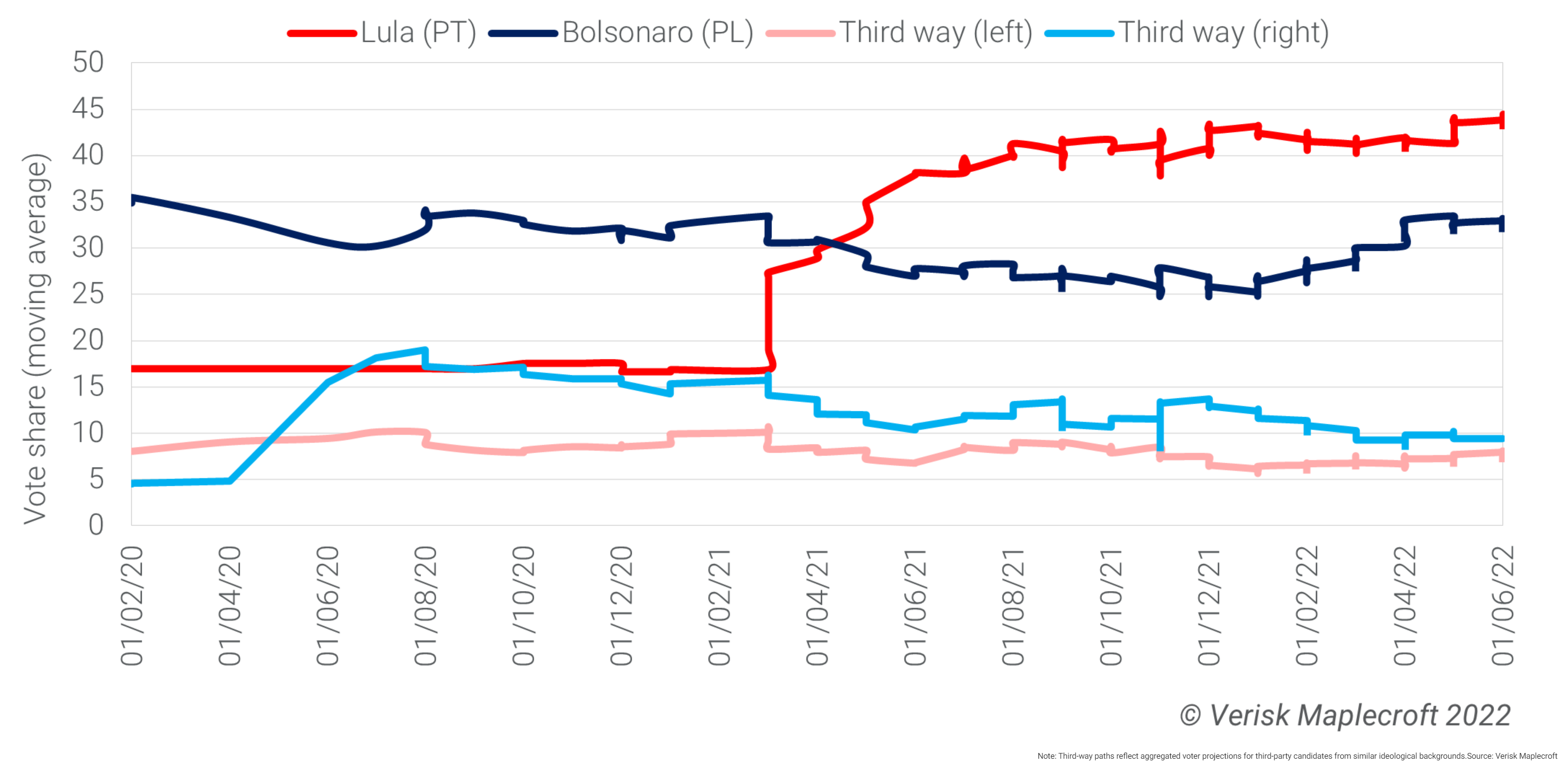Geospatial ESG investing
Learn more
ESG rising up insurance industry agenda
US and European insurers are the second biggest global institutional investors after pension funds - with some USD30 trillion in assets under management, making them pivotal to the ‘greening’ of the financial sector.
Can the industry – which has invested some USD600 billion in fossil fuels - positively influence the climate and ESG debate? Or will it be brought kicking and screaming to the table by authorities in Brussels, London and Washington?
To date, it’s been a mixed picture, but with regulators on both sides of the Atlantic gearing up for action in 2022, the leading players are coming to the table.
The UK’s Prince of Wales a year ago (in June 2021) brought together executives from some of the big insurance and reinsurance companies including AIG, Aon, Allianz, Axa, Hiscox Legal & General, Marsh McLennan, Munich Re and others to create a new ‘sustainable insurance task force’, chaired by Lloyd's of London. In a statement of intent, the task force committed to providing “climate-positive financing and risk management solutions” in support of a faster transition. It has since released a suite of sustainable products and services for the insurance sector, along with a Disaster Resilience Framework for Climate-Vulnerable Countries.
The G-7 of the insurance industry - AXA, Allianz, Aviva, Munich Re, SCOR, Swiss Re and Zurich - in April 2021 set up the Net-Zero Insurance Alliance (NZIA), aiming to achieve net-zero emissions through insurers' underwriting activities.
The group, now 28-strong and representing more than 11% of world premium volume globally, have pledged, in varying degrees, to divest from, or restrict underwriting for coal, oil sands and Arctic energy.
A 2021 survey by the Insurance Development Forum (IDF) Summit as to most effective way for the sector to support the transition put underwriting criteria on top (42%), followed by risk pricing (20%), green re/insurance products and solutions (20%) and client engagement (17%).
Insurers admit that ‘climate-positive’ or ‘sustainable’ underwriting incorporating ESG factors will be much trickier to design - and much harder to upsell to clients – than, for example, the ‘on-trend’ sustainable and ESG funds on offer from global asset managers.
Insurance companies occupy a unique position in the ESG space, as both risk carriers and institutional investors. This means that ESG factors can impact both sides of their balance sheets and results – hence the importance of integrating ESG into both underwriting and investing activities.
While the IDF survey found widespread acknowledgement - particularly in Europe and Asia – of the importance of ESG integration for the long-term viability of the sector, in the absence of industry-wide ESG standards, insurers found it ‘overwhelming’ to understand how to implement and disclose ESG practices.
This is fast changing – with the harmonisation of the ‘alphabet soup’ of ESG metrics and sustainable accounting standards now being given urgent attention.
But whether from a risk management or an investment standpoint, the logic for insurers is clear.
Aside from climate resilience, it is probably a fairly safe bet to assume that the better a company’s ESG performance, the lower the probability of it being involved in ‘accidents’ or ‘controversies’ – and the higher the probability of it having a decent reputation and balance sheet, as research by Allianz has already found.
We at Verisk Maplecroft are working with our sister company Verisk EES, a global leader in catastrophe modelling and risk analytics for insurers and reinsurers, to help the sector’s embrace of ESG and accelerate it with robust data and innovative analytics.
From greater sophistication in underwriting, and a deeper understanding of transition risk, to more proactivity on the market pricing and investment side to help redirect capital ‘towards the right behaviour,’ insurers that better understand and integrate ESG will be better placed to shape the way forward for the sector.
Eileen Gavin
Principal Analyst, Global Markets & Americas
ESG+ Matters notification
SubscribeChart of the week
Quote of the week
I certainly think Putin's view of himself and the world is a small man syndrome, macho view…I think the real challenge here is the Russian system’s views that somehow some states are lesser than others and their rights do not count.
Ben Wallace
UK Defence Secretary Ben Wallace, 29 June 2022
What we’re reading
- ‘Biodiversity loss 'may lead to sovereign debt crisis', Environmental Finance, 27 June 2022
- NATO must prioritize climate change as a security issue, Chatham House, 27 June 2022
- The UK risks entering a new era of economic decline, Bloomberg Opinion, 27 June 2022
- Why inflation looks likely to stay above the pre-pandemic norm, The Economist, 27 June 2022
- ExxonMobil chief predicts continuing surge in oil markets, FT, 27 June 2022
- G-7 leaders just made success at cop27 even harder, Bloomberg Green, 28 June 2022
- Nestlé and Unilever CEOs: we will make our supply chains deforestation-free, FT Climate Change, Opinion, 29 June 2022
- Ships going dark: Russia’s grain smuggling in the Black Sea, FT Big Read, 29 June 2022
